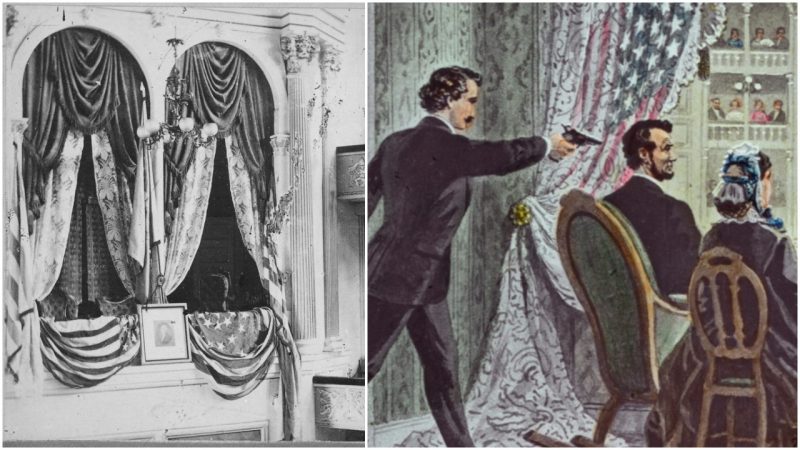On the night of April 14, 1865, President Abraham Lincoln decided to take in a production of Our American Cousin at Ford’s Theater, in Washington, D.C. The one policeman assigned to guard the president on that fateful night left his post—to go next door for a drink.
Whether from hubris or humility, Lincoln was unconcerned about his safety, even amid near constant death threats. In August of 1864, he survived an assassination attempt, when someone fired a shot at him as he rode a horse—all by himself. (His hat was recovered the next day, with a musketball hole through the side.) It seems impossible to imagine today, but the president was known to go to plays, to church, and on walks without security.
John Parker was a carpenter and machinist born in Fredericksburg, Virginia. He moved to Washington and joined the Metropolitan Police Force when it formed in 1861. He was not an exemplar. The force cited him for conduct unbecoming an officer, drinking (and sleeping) on the job and frequenting a whorehouse, according to Smithsonian magazine. He had 14 disciplinary infractions on his record. Somehow he managed always to get off. When a four-man detail was created to protect Lincoln in 1864, Parker was selected to join the team.
Parker was late to his assignment on April 14, showing up at Ford’s Theater at 7 P.M. instead of 4. Lincoln and his party arrived at his box in the balcony at 9 P.M., after the play had already started. The actors stopped mid-scene while the orchestra played “Hail to the Chief.” Lincoln bowed to the actors, and the play carried on.
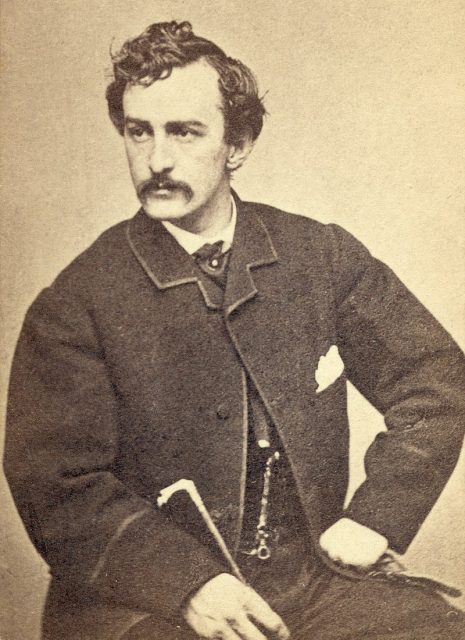
Parker was stationed outside Lincoln’s box, in the passageway by the door, a good place to guard a president but a lousy place to take in a play. The bored Parker moved down to the first balcony to better see the performance. During intermission, he went next door to the Star Saloon for a drink with Lincoln’s coachman and footman.
As it happens, John Wilkes Booth was also at the Star Saloon, having a shot of whiskey before his nefarious mission. When Booth arrived at Lincoln’s box, the chair in the passageway was empty. Booth went into the box, shouted “Sic semper tyrannis! The South is avenged!” and shot Lincoln in the back of the head. Booth leaped to the stage, exited the theater, and escaped on his horse. (Booth would be tracked down and killed within two weeks.)
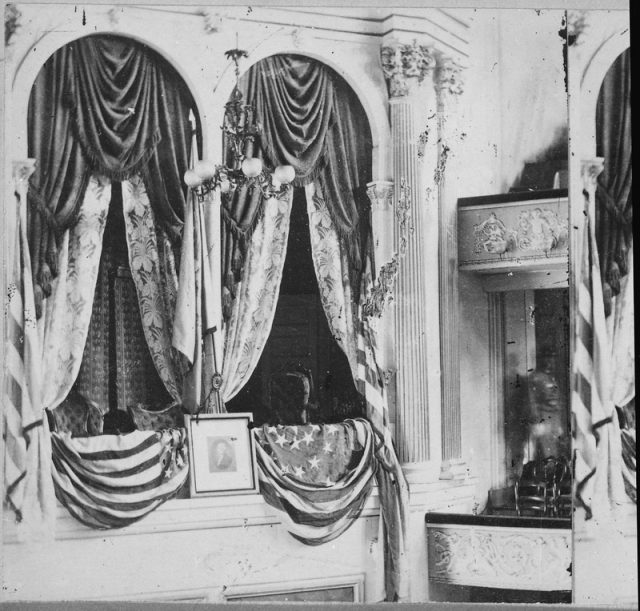
It is of course possible that even had Parker been at his station, he might not have stopped Booth’s assassination of Lincoln.
“Booth was a well-known actor, a member of a famous theatrical family,” Ford’s Theater historical interpreter Eric Martin told Smithsonian magazine. “They were like Hollywood stars today. Booth might have been allowed in to pay his respects. Lincoln knew of him. He’d seen him act in The Marble Heart, here in Ford’s Theater in 1863.”
But Parker’s fellow guards never forgave him, nor did Lincoln’s widow.
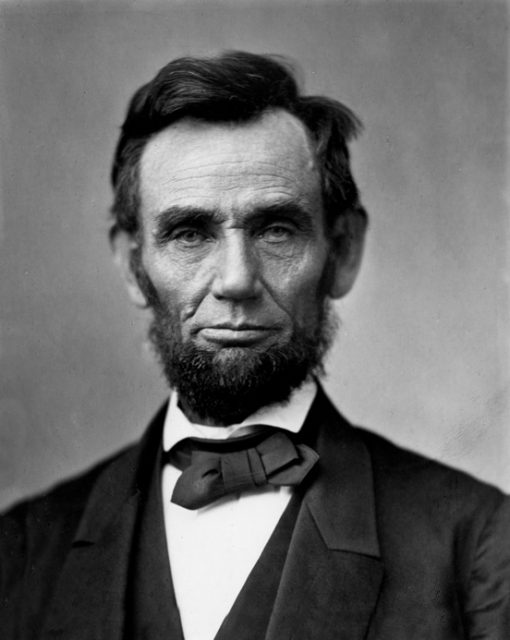
“It makes me feel rather bitter when I remember that the President had said, just a few hours before, that he knew he could trust all his guards,” William H. Crook wrote in his memoir. “And then to think that in that one moment of test one of us should have utterly failed him! Parker knew that he had failed in duty. He looked like a convicted criminal the next day. He was never the same man afterward.”
Parker was charged with failure to protect the president, though the charge was dropped. The public did not know of his culpability, though Mrs. Lincoln did. Remarkably, Parker stayed on the White House security detail, at one point being assigned to Mrs. Lincoln, who confronted him as recounted in the 1868 memoir Behind the Scenes: Thirty Years a Slave, and Four in the White House, by Elizabeth Keckley.
“Why were you not at the door to keep the assassin out when he rushed into the box?” Mrs. Lincoln said.
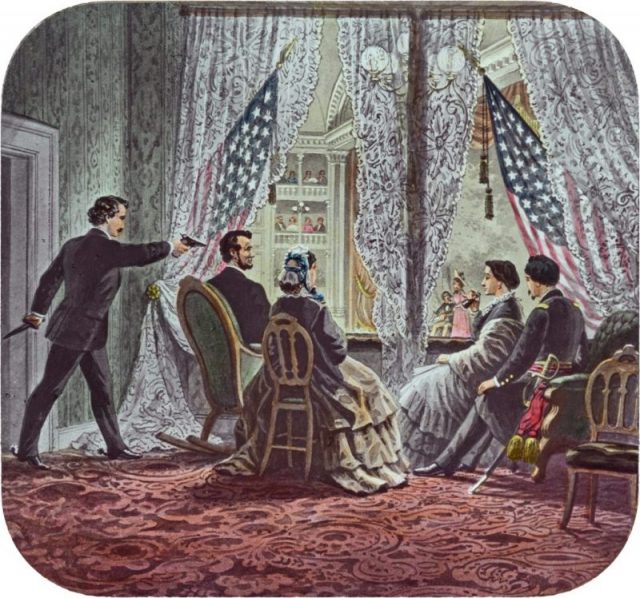
“I did wrong, I admit, and I have bitterly repented it, but I did not help to kill the President,” Keckley recalled Parker saying. “I did not believe that any one would try to to kill so good a man in such a public place, and the believe made me careless.”
To which Mrs. Lincoln responded, “I shall always believe that you are guilty,” and sent him away with a wave of her hand.
Parker stayed on the Metropolitan Police Force three more years before finally he was fired for sleeping on the job in 1868. He turned back to carpentry and died in 1890 of pneumonia, an all but forgotten man in the drama of Lincoln’s assassination.
E.L. Hamilton has written about pop culture for a variety of magazines and newspapers, including Rolling Stone, Seventeen, Cosmopolitan, the New York Post and the New York Daily News. She lives in central New Jersey, just west of New York City
